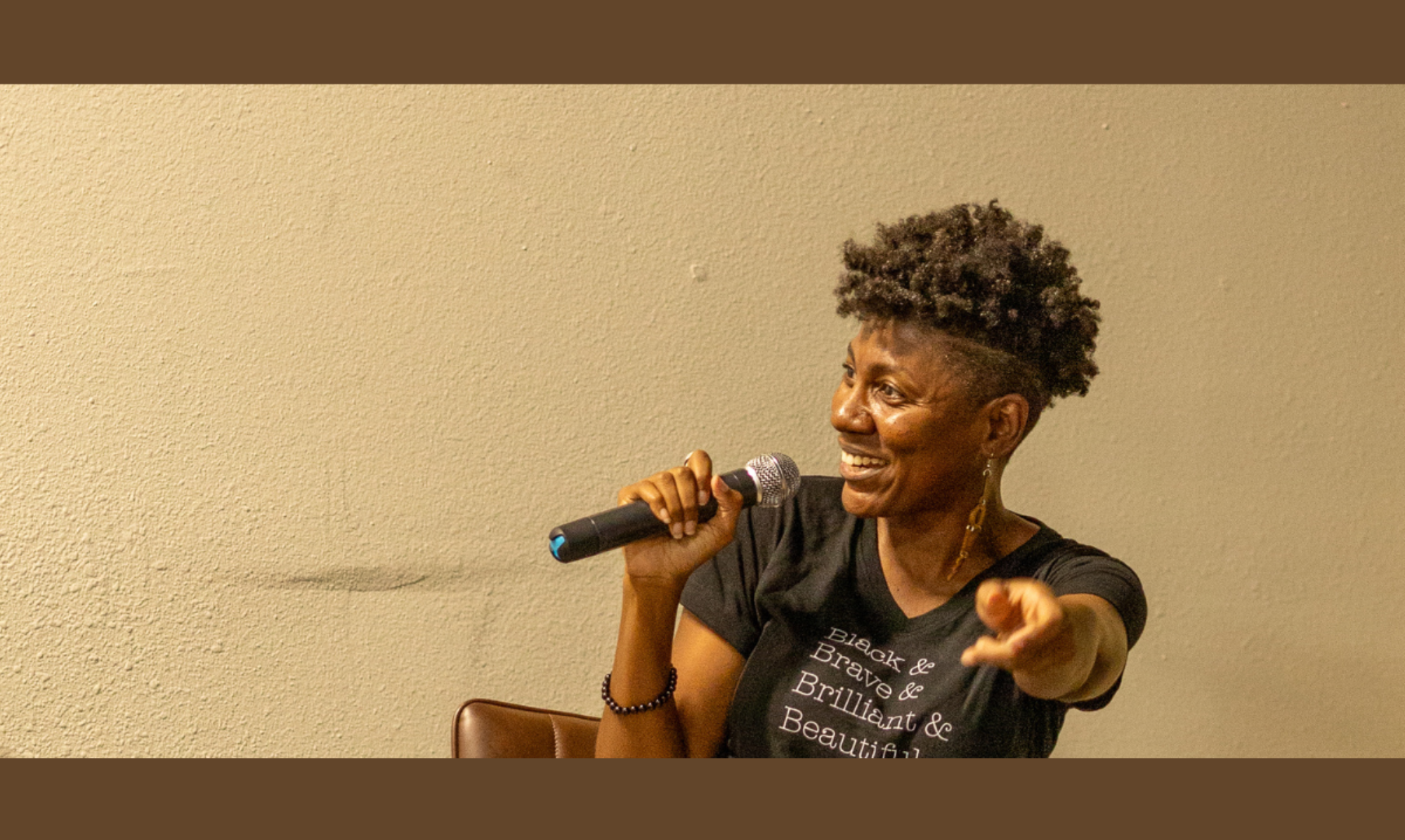Are you colorist and don’t even know it? Last week we discussed the explicit prejudice of colorism. Building on that conversation, let’s consider colorism as implicit bias.
“knowing what others may imagine they see when they look at us is necessary and critical information. Without this awareness, we behave as if our bodies and our color do not provoke a certain stereotype and initiate a particular response. And we turn over to others, who do not have our best interest at heart, the power of the image”
Karla F. C. Holloway, Codes of Conduct
Watch, Listen, or Scroll to Read More:
Defining Implicit Bias
Also known as “unconscious bias,” implicit bias refers to the negative or positive associations we have about certain people, places, or things that we are not aware we have and/or that happen automatically in our unconscious as the result of prior conditioning.
Implicit Bias Colorism Examples
When it comes to colorism, these are biases, attitudes, feelings, reactions we have toward people with certain skin tones, facial features, and hair textures.
Again, these can be positive or negative. So we can have an unconscious bias that associates straight hair with femininity, attractiveness, and professionalism, even if we consciously tell ourselves or consciously profess that all hair textures are beautiful and valid.
Another common implicit belief people have about skin tone is levels of aggressiveness, strength, or masculinity. While some people are automatically seen as tough, others are automatically seen as soft, approachable, or gentle.
Colorism Over Racism
In the mainstream conversations about implicit bias, people focus on race and racism. But I believe we need to prioritize colorism when discussing unconscious bias. That’s a controversial stance, but here’s why I stand by it.

- Physical appearance is the first and primary indicator of race in most of our in-person interactions. With the exception of situations that involve prior disclosure of race, such as filling out a form or application that collects demographic information, humans identify racial categories based on how a person looks.
- Yes, other factors may be involved, such as language, dialect, accent, or clothing. But if you consider all the times we have said things like: An Asian woman stopped by the office today. The white woman at the grocery story. The new Black kid in my class. How often did the person actually introduce themselves by their race? Probably never, but we surmise these racial categories by what the person looks like first, if not exclusively.
- When we consider cases of being followed around or accused of stealing in a department store, or racial profiling by cops or police killings that happen in a span of just a few minutes, how do these store workers or officers know that a person is Black? Do they have time to check birth certificates? Do they take the time to ask how the person identifies? Nope! They simply judge automatically based on what they see, based on what that person looks like. It may include other things like mannerisms or how a person is dressed, but these additional factors are directly tied to the skin tone, features, and hair type of the person wearing a particular outfit.
- It’s not that this type of profiling doesn’t happen to light-skinned people. But 1) it is less likely to happen, and 2) usually those light-skinned people are still easily identifiable as “not white” and/or Black because of other features or other variables.
Consequences of Implicit Bias
I’ll close by emphasizing the impact of unconscious bias. As my earlier examples about police encounters suggest, these types of bias lead to unjust persecution, discrimination, and even brutality and death.
But they also impact employment opportunities, equitable pay, job performance, schooling and education, healthcare, etc.
There’s not a facet of life untouched by implicit bias and colorism.

Reflection
Describe an interaction you’ve had in the past that involved implicit bias toward you, either positive or negative. What do you think is the best way to respond in situations like that?
Affirmation
Knowing what others may imagine they see when they look at me is a tool I can leverage in my favor. I don’t have to agree with or accept their perception, and knowing what it is and where it comes from gives me the perspective I need to shield me from internalizing their narratives.


